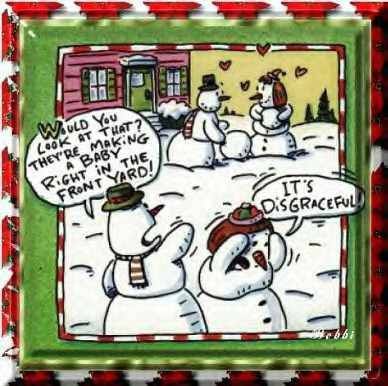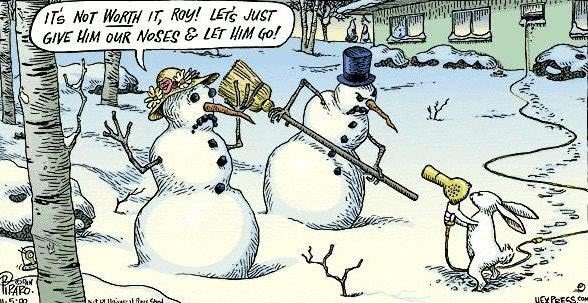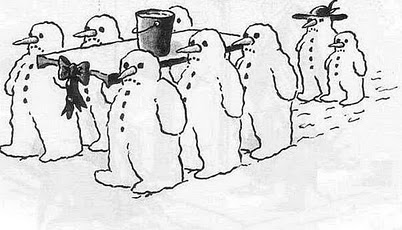 The Doctor Who episode “The Sea Devils
The Doctor Who episode “The Sea Devils” covers ground very similar to other Doctor Who episodes featuring “Silurians”
(in this episode the Doctor remarks that it is a misnomer and they really ought to be called Eocenes). Homo Reptilia of a different but related species are emerging from a self-induced slumber. They hid away in the hope of surviving an imminent catastrophe, the impact of a large object with Earth. Instead of colliding, however, it ended up in orbit and became our moon.
The Master's part in the episode is a delight. He is feigning imprisonment, having managed to persuade the prison director to allow him to come and go as he wishes. We also learn that the Doctor and the Master were once friends “at school together, you might say.” There is also reference to the “time lords' files” which document major events throughout the universe – and from which, of course, the Master has taken information to use for his own benefit.
The plot otherwise follows a course we have seen before and will see again in connection with the Silurians and the Sea Devils. They awaken, they plan to return and retake their world which has now become overrun with “apes,” humans view them with similar disdain. War seems inevitable, the Doctor tries to broker a peace, and inevitably it fails.
There is an intersection with religion in the title, which incorporates a term sailors used for what they perceived to be hostile, malevolent, dangerous creatures, but which are sophisticated sentient beings as much as humans, if not more so. The very term highlights our tendency to demonize those who are different from us, and whom we perceive as enemies.
The episodes featuring homo reptilia also intersect with religion inasmuch as they explore the issue of competing claims to territory. In the Holy Land, Israeli Jews, Arab Muslims, and Arab Christians can all claim to have been the longtime inhabitants of the region, and to have been driven from their home by others. these Doctor Who episodes, over a long arc continuing through the current series, suggests that a scenario in which one side defeats the other is a tragic outcome. One day, the Doctor hopes, the planet will be shared. And it is against that backdrop that we should reflect on the marriage of Vastra and Jenny, highlighted in the episode “The Snowmen.” Their relationship would be controversial in the Victorian era in which they live simply because they are both female. But being of different species places the gender issue in a different light, moving it to the sidelines in our minds. This literal difference within the world of the Doctor Who narrative focuses attention on those who are human but treat one another in a manner which, in this light, would not be appropriate even if the other was a different species with scaly skin. It is when we feel free to marry the other that we know that prejudice is well and truly gone. As long as it is controversial to marry a person of a different shade of skin, or religious affiliation, or whatever else human beings might point to as dividing us, then we have failed to learn a lesson which Doctor Who repeats so often – but only because we need to hear it, and have yet to take it to heart.
No differences, whether biological or cultural, need to be a barrier to caring, kindness, and community.
See also my posts on the episodes “The Silurians” and “Warriors of the Deep.”



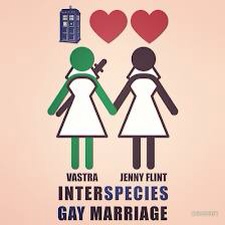



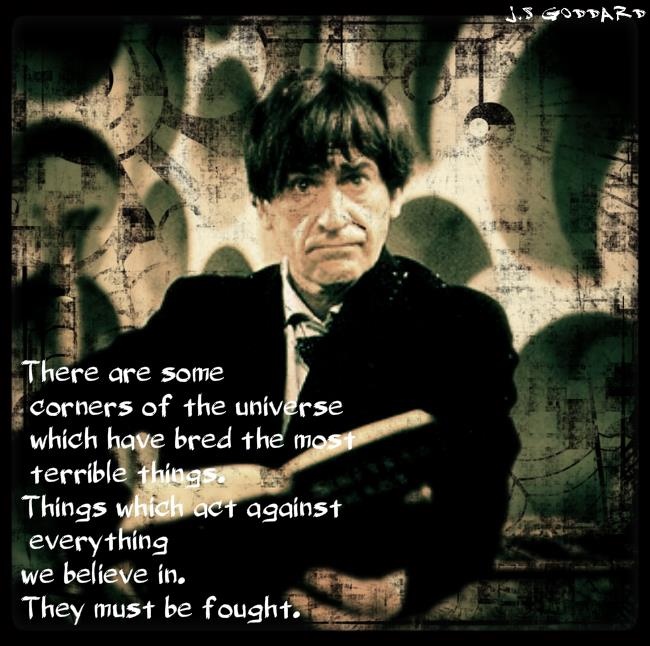



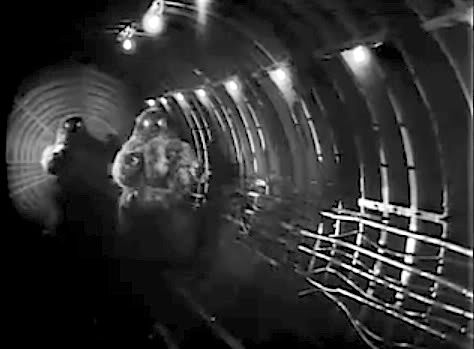 The encountering of a character previously met, now older, is a great element to incorporate in a time travel story, and so it is great to see this
The encountering of a character previously met, now older, is a great element to incorporate in a time travel story, and so it is great to see this 
